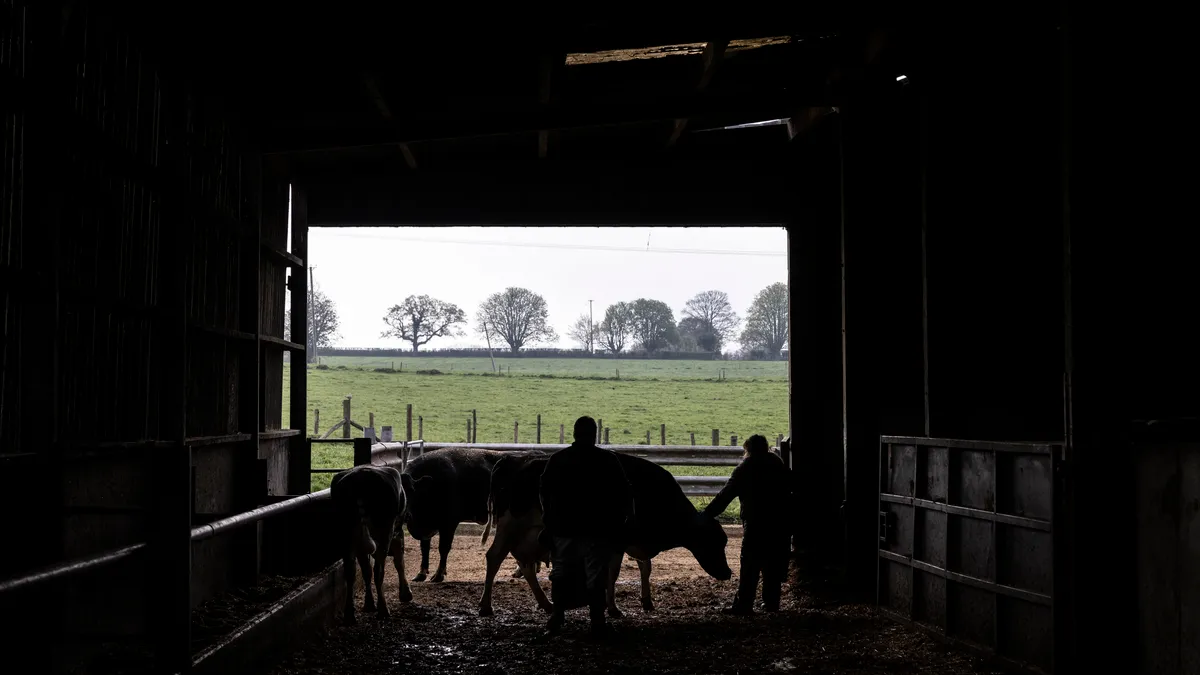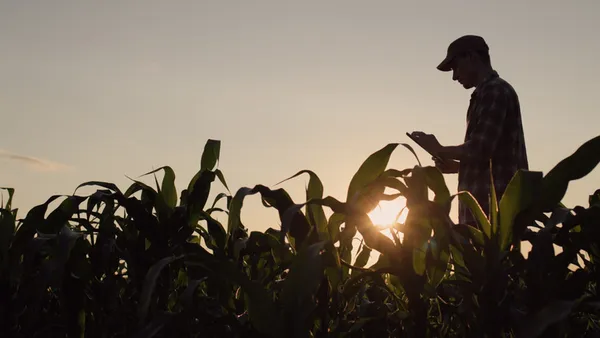Another Michigan farmworker has been diagnosed with bird flu, the Centers for Disease Control and Prevention confirmed Thursday, marking the third human case linked to avian influenza in dairy cattle.
The individual is recovering from respiratory symptoms after being administered antiviral treatment, according to a statement from the Michigan Department of Health and Human Services. The case is not associated with another Michigan farm that reported a human case last week.
The case represents the first time an individual reported respiratory symptoms associated with the virus. In addition to eye discomfort, the patient reported upper respiratory tract symptoms including a cough without fever, the CDC said.
State and federal officials say they still have not seen signs of sustained human-to-human transmission.
"The risk to members of the general public who do not have exposure to infected animals remains low," the CDC said in a statement. "However, this development underscores the importance of recommended precautions in people with exposure to infected or potentially infected animals."
In the two Michigan cases, farmworkers were not wearing full personal protective equipment and contracted the virus after direct exposure to infected animals, state officials said. In the case announced May 22, officials said the individual was splashed in the eye with contaminated milk.
Michigan health officials have made testing available to farmworkers, asking that individuals exposed to impacted animals report even mild symptoms. The state is also offering assistance to farms in need of face masks and other personal protective equipment.
"Proper use of personal protective equipment is the best tool we have to protect farm workers," Tim Boring, director of the Michigan Department of Agriculture and Rural Development, said in a statement.
Bird flu has been found in at least 67 dairy herds across nine states, according to data from the U.S. Department of Agriculture. The first human case linked to dairy cows was reported in Texas in late March.











